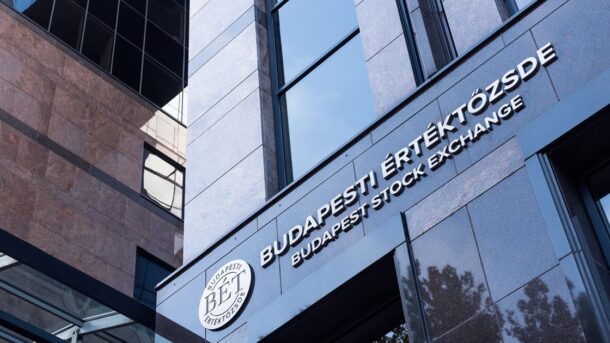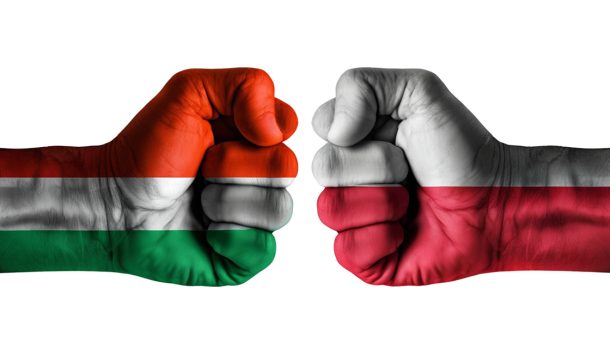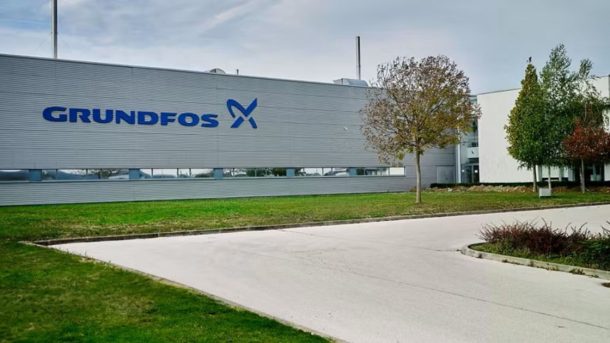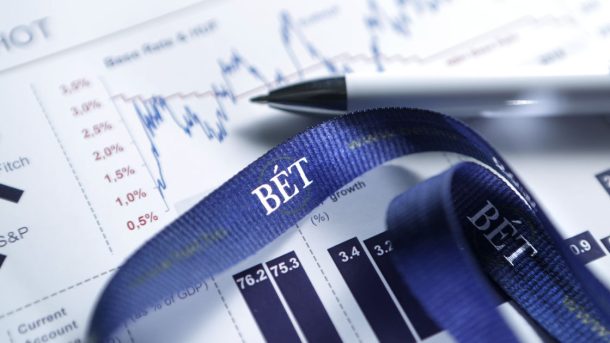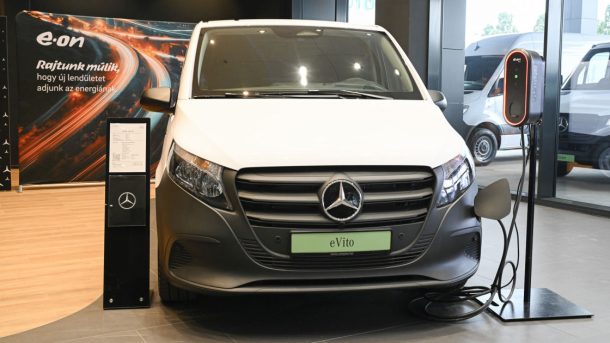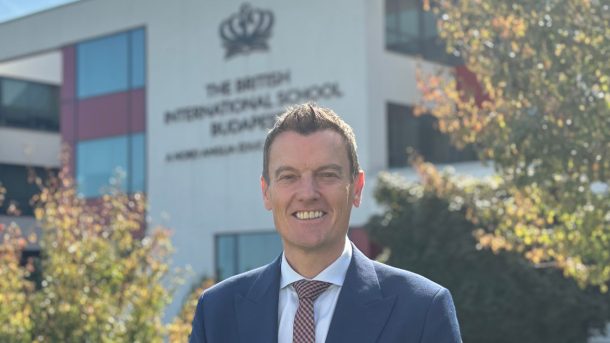As of October 1, Gyula Marik will serve as chairman of the board of directors at Shell Hungary Plc. in addition to his existing position as regional procurement manager, the company announced to MTI on Monday. Gyula Marik began his career in finance at Shell in 2001 after graduating from the University of Szeged. Over […]





